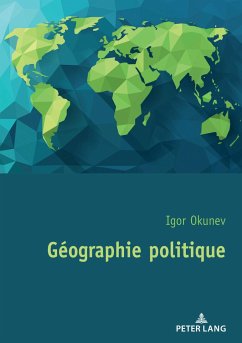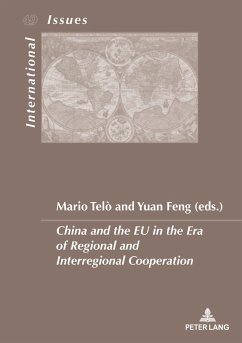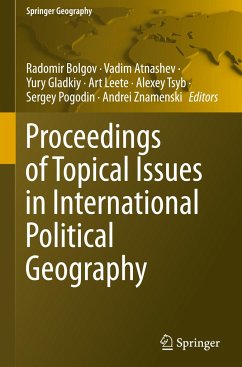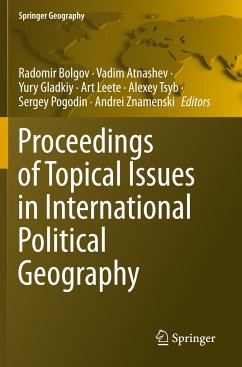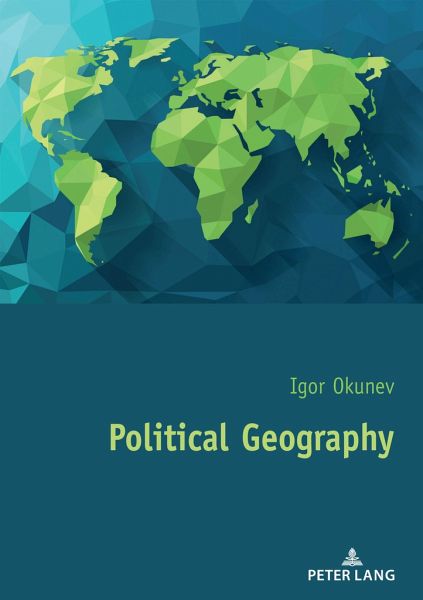
Political Geography
Versandkostenfrei!
Versandfertig in 6-10 Tagen
51,35 €
inkl. MwSt.

PAYBACK Punkte
0 °P sammeln!
This textbook on political geography is devoted to a discipline concerned with the spatial dimensions of politics. This course is an introduction to the study of political science, international relations and area studies, providing a systemic approach to the spatial dimension of political processes at all levels. It covers their basic elements, including states, supranational unions, geopolitical systems, regions, borders, capitals, dependent, and internationally administered territories. Political geography develops fundamental theoretical approaches that give insight into the peculiarities ...
This textbook on political geography is devoted to a discipline concerned with the spatial dimensions of politics. This course is an introduction to the study of political science, international relations and area studies, providing a systemic approach to the spatial dimension of political processes at all levels. It covers their basic elements, including states, supranational unions, geopolitical systems, regions, borders, capitals, dependent, and internationally administered territories. Political geography develops fundamental theoretical approaches that give insight into the peculiarities of foreign and domestic policies. The ability to use spatial analysis techniques allows determining patterns and regularities of political phenomena both at the global and the regional and local levels.




